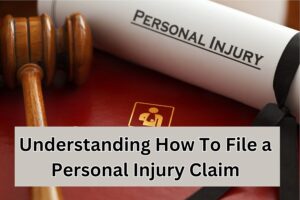Why You Should Make A Will: Importance of A Will

A will informs people how a person’s assets or estate (money, possessions and property) should be used after they die. The average person has various assets attached to them during the course of their lifetime. In the event that they pass on, their assets – which are collectively termed as their estate – are supposed to be passed on to their next of kin or other relevant parties as stipulated in their will. If there is no will, the law is used to decide who the assets are passed on to – and this may not be what you want.
Reasons Why You Need A Will
- A will is crucial, especially if you have children, siblings, parents or other close relatives who rely on you financially. A will can ensure that any and all assets you owned before your death are transferred to members of your family or other parties outside your extended family that relied on you financially.
- Failure to write a will can lead to your estate being shared out in a standard way as prescribed by the law. This may not be what you want. A will can ensure that your estate is only passed on to the people you would have wanted.
- Finally, a will makes it easier and convenient for your family and friends to manage your estate after you are gone. People with large estates can prevent problems and wrangles within their families by leaving proper and clearly-structured wills that dictate how assets will be used.
Your Wishes and Who to Implement Them
You can also dictate your wishes and the people to implement them in your will. This is possible in various ways. First, you can state your wishes on who should get certain valuable possessions, property and money after you die. Second, you can state who should be put in charge of your estate after you die. This person is typically called the estate ‘executor‘. You can include specific instructions that the executor should follow when managing your estate after you die.
You can also use your will to inform people of any wishes you may have that involve your funeral or burial ceremony. Your executor will usually do what they can to implement your wishes.
Make A Valid Will
A valid will does not have to be a complicated legal document written on some special paper. The document is valid if it has met the following criteria:
- Stipulates how your assets should be used after you die.
- Is written when you were of sound mind and judgement and not under pressure of any kind of who to leave certain assets to.
– Is dated and signed accordingly by you while in the presence of two independent witnesses who also have to sign the same document. The witness should not be mentioned anywhere in the will or related to people mentioned in the will.
Finally, it is recommended that you speak to a specialist wills and estate lawyer if you need an enduring power of attorney, health directive or the implementation of a testamentary trust.






